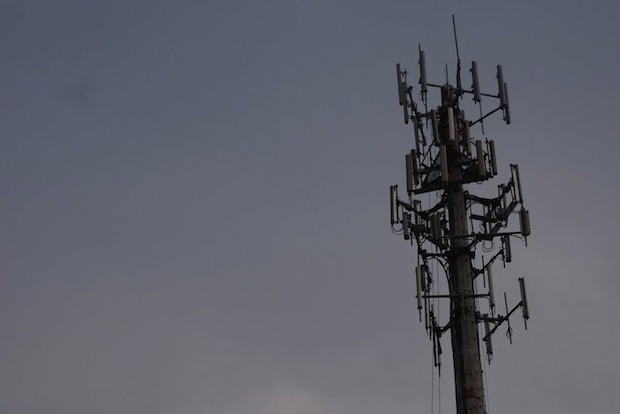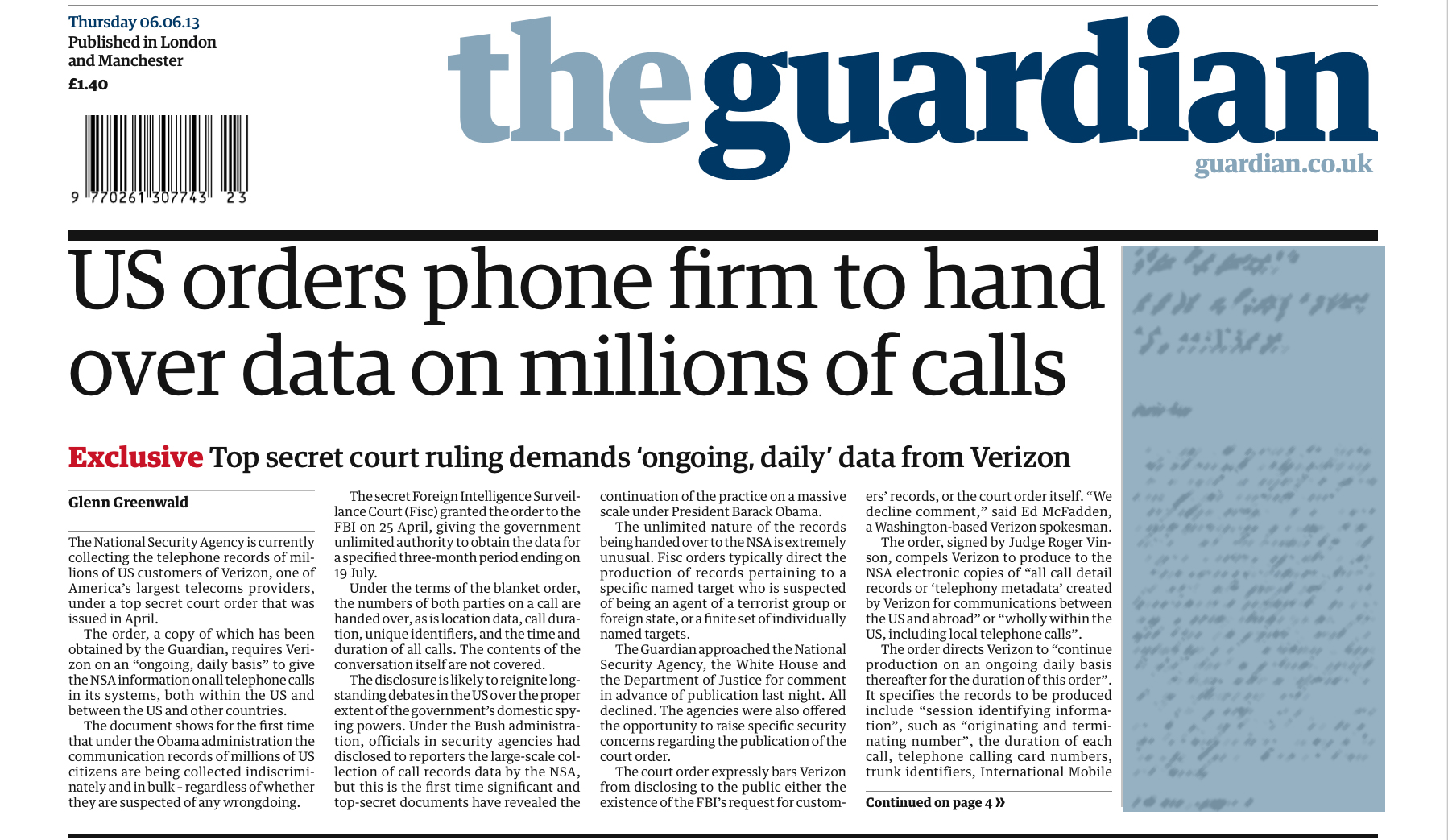“In social media, alienation appears as its opposite”
“A LinkedIn Body is made of the ways in which you’ve made money”
“it’s no surprise to see an app tracking your ability to disconnect”
“It’s no accident that both Manning and Snowden are former soldiers who served in Iraq”
“Should the government know less than Google?”
““Oh, don’t be such a digital dualist, Raymond,” Isobel quipped”
“Every wave of positivism eventually comes undone, when its central contradiction emerges”
“the digital beatdown he’d help deliver over Steubenville came back to haunt him”
“replacing cops and soldiers with PRISM and predator drones: Massively Open Online Police State (MOOPS)“ more...








